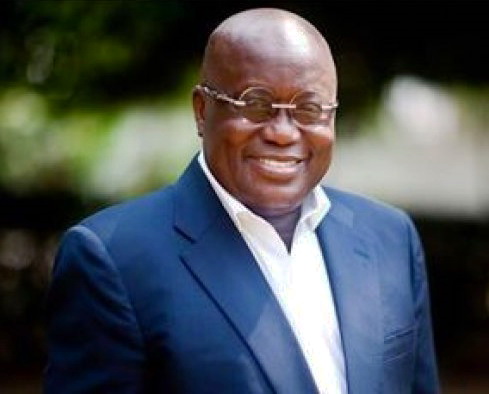
Let’s lower our expectations
Nana Addo Dankwa Akufo Addo assumes office on January 7, as President of the Republic of Ghana with fanfares from party faithfuls and ordinary citizens. When the dust is settled, expectations of Ghanaians will be high and each of the several trade associations will welcome the new government into office with some great expectations.
Already, the Ghana Union of Traders Association (GUTA) and other business associations have slashed the prices of their wares in anticipation of tax cuts and a more favourable business climate as promised by the New Patrotic Party (NPP).
As President-elect Nana Addo takes office, he will inherit an economy that for years was rated one of Africa's most dynamic, but has slowed sharply since 2014, in part because prices have fallen for its gold, oil and cocoa exports.
That made the current government vulnerable to opposition accusations that it had mismanaged the nation's finances and squandered revenues from oil, which started to flow in 2010 from an offshore field operated by Tullow and partners.
In a bid to kickstart growth, Nana Addo says he will create jobs, build a dam in every village and a factory in every district and give each constituency the equivalent of US$1 million per year to pursue development projects.
"I make this solemn pledge to you tonight: I will not let you down. I will do all in my power to live up to your hopes and expectations," Akufo-Addo told a jubilant crowd when President Mahama conceded defeat to him.
At the same time, he also aims to maintain an expansionary fiscal stance by reducing taxes and abolishing others in a country that is mid-way through an International Monetary Fund programme aimed at restoring balance to an economy facing macroeconomic challenges.
But President-elect Nana Addo could face a nasty surprise when it takes office early next year if budget deficit reduction targets are missed.
Even so, they said there is little chance the new government will face the scale of fiscal challenges that emerged after the last election when the fiscal deficit jumped to over 11 per cent of Gross Domestic Product.
Falls in prices for the country’s gold, cocoa and oil exports helped to sink the Mahama-led government.
It is not clear whether the new government will support the IMF programme but it is expected that they will manage the national finances more tightly than the outgoing government.
Already, some business leaders fear that the new government will want to scrutinise existing contracts. In particular, senior advisers to the NPP have criticised the ENI deal, arguing that Ghana will overpay for its gas.
Even if business leaders do not have to renegotiate contracts, they say government decision-making will be on hold while a new team is put in place, and then they will have to forge relationships with a fresh administration.
But the Graphic Business wants to caution that the citizens should not raise their expectations too high because of the reality that will set in after the president-elect takes office.
Elections are what they are; trying hard to win the hearts and minds of the people in order to get their mandate to govern. But after that comes the stark realities of revenue inflows and expected outflows in an economy that has a yawning gap for infrastructure — capital and social.
While the paper cautions the Ghanaian public to lower its expectations of the government, we also call on the incoming administration to be more transparent, accountable to the people and above all use the goodwill they now enjoy to take and implement some of the hard decisions for economic transformation, before the people’s hopes will begin to wane.
